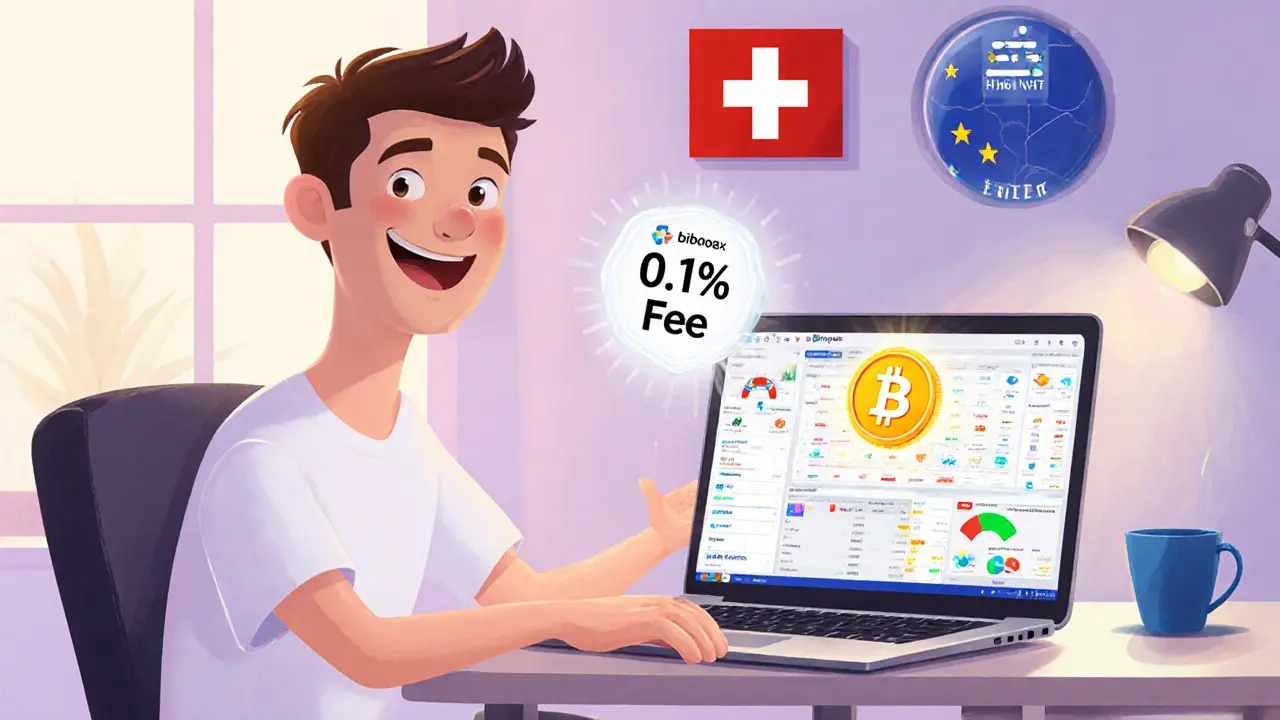Cryptocurrency Trading Fees: What You Need to Know
When dealing with cryptocurrency trading fees, the charges you pay to move, swap, or withdraw digital assets on an exchange or blockchain network, it’s easy to get lost in the numbers. These fees are the price of accessing liquidity, and they can eat into profits faster than you expect.
One of the first things to understand is that exchange fees, the cost a platform charges for each buy, sell, or swap vary widely. Some platforms adopt a maker‑taker model, where makers (limit orders) pay less than takers (market orders) to encourage depth. This model directly influences your overall cost: the more you provide liquidity, the lower your fees tend to be.
On‑chain costs add another layer. gas fees, the payment to miners or validators for processing a transaction on a blockchain can spike during network congestion, making even small trades expensive. Understanding gas fees requires watching network activity and timing moves when demand is low.
Don’t forget withdrawal fees, the charge for moving crypto off an exchange to a personal wallet or another platform. Some services bundle these into a flat rate, while others calculate them as a percentage of the withdrawal amount. Choosing a platform with low or no withdrawal fees can save you a lot over time.
Putting it all together, cryptocurrency trading fees encompass exchange fees, maker‑taker spreads, gas fees, and withdrawal costs. They require you to balance speed, liquidity, and price. A trader who knows which fee component dominates in a given situation can cut costs by swapping at off‑peak times, using limit orders, or selecting a low‑fee exchange.
Below you’ll find a curated list of articles that break down each fee type, compare popular exchanges, and share actionable tips to keep more of your profit. Whether you’re a beginner curious about why a trade costs $5 or an experienced trader hunting for the next fee‑saving hack, the posts ahead cover the full spectrum.
Ready to dive deeper? Keep scrolling to explore detailed guides on fee structures, real‑world examples, and tools that help you track and minimize your costs on every transaction.
Huobi Indonesia Review 2025: HTX Exchange Features, Fees & Security
A 2025 review of Huobi Indonesia (now HTX) covering fees, security, features, KYC, and how it compares to local exchanges like Indodax.
- 15
- Read More
BiboxEurope Crypto Exchange Review: Fees, Security, and How It Stands in Europe
A concise review of BiboxEurope covering fees, security, regulatory oversight, features, and who should trade on this European crypto exchange.
- 16
- Read More

